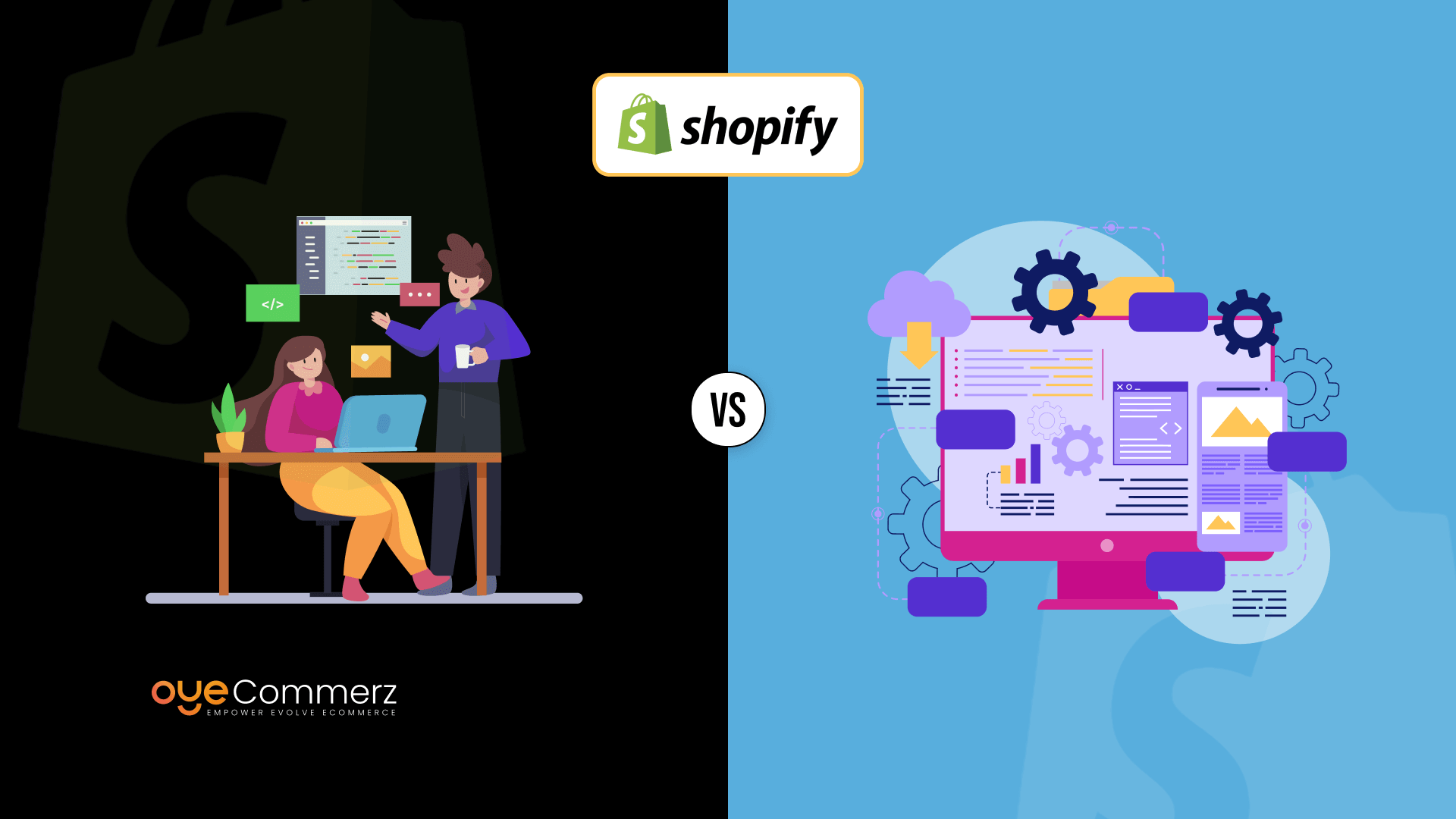Overview
In today’s cutthroat e-commerce environment, differentiating is essential, and a top method to set apart a Shopify store is through tailored app development. A well-built Shopify app can enhance store capabilities, simplify processes, and boost customer interaction. This guide explores essential elements of Shopify app development, from API integration to scaling strategies and promotion methods, providing a roadmap for companies looking for superior store efficiency.
Why Shopify API Integration Matters
Shopify’s API offers robust tools to personalize and extend store capabilities. With the GraphQL and REST API options, developers can retrieve information to create apps that manage inventory management, order handling, and customer data management smoothly. Integrating Shopify’s API can enable improved workflow automation and allows stores to assist shoppers more effectively.
Adopting the Polaris Design System
Shopify’s Polaris is Shopify's design system for designing intuitive and accessible Shopify apps. By following Polaris guidelines, developers guarantee that apps seamlessly integrate within the Shopify Admin experience. This ensures a cohesive look and feel that appeals to Shopify merchants, promoting usability and familiarity for merchants utilizing your tailored app.
Understanding the Shopify App Ecosystem
The Shopify app ecosystem provides numerous opportunities for improving e-commerce sites. From managing fulfillment processes to increasing customer engagement, apps in this ecosystem are designed to meet diverse business requirements. Learning about this ecosystem helps developers in identifying unique app ideas and enables seamless integration of external tools that enhance the store.
Building Embedded Shopify Apps
Embedded apps work seamlessly within the Shopify Admin, providing a smooth interface for merchants. They allow Node.js and React for better Shopify apps merchants don’t have to navigate away from their Shopify dashboard, streamlining their workflow. Employing Shopify App Bridge and embedded app features is recommended for offering a cohesive, integrated user experience.
Using Node.js and React for Shopify Apps
Node.js and React have become top options for Shopify app creation. Node.js enables efficient server-side applications, while React allows for interactive and adaptive front-end design. Together, they offer an strong platform for creating speedy, growth-ready Shopify apps that improve store performance and customer interaction.
Utilizing Webhooks in Shopify Development
Webhooks enable instant data updates between Shopify and an outside application. They initiate events such as order creation or inventory updates and send instant alerts to your app. By implementing webhooks, apps can provide up-to-date insights for store owners, streamlining workflows and increasing productivity.
Customer Engagement and Digital Marketing for Shopify Apps
To make a Shopify app successful, connecting with users is key. Utilizing digital marketing strategies like SEO, email marketing, and social media campaigns can drive app adoption. Additionally, designing apps with customer interaction as a focus (e.g., loyalty programs or personalized recommendations) increases user retention and loyalty.
Scaling Your Shopify App
As e-commerce stores expand, so do their technological needs. Ensuring that your app can scale to handle increased traffic, larger data sets, and more advanced functionalities is essential. By improving server capacity and using scalable technologies, you can develop apps that grow in parallel to a store’s growth.
Important Features and Maintenance Tips for Shopify Apps
For an app to be effective, it should include essential features like user authentication, dashboard analytics, and support channels. Ongoing app upkeep, with updates to fix bugs and ensuring compatibility with new Shopify functionalities, is important to ensure uninterrupted performance and prevent disruptions to merchant workflows.
Conclusion
Custom Shopify app development holds vast potential for e-commerce stores, providing the ability to improve performance, simplify operations, and build customer relationships. With API integrations and Node.js to ensuring scalability and customer engagement, creating a Shopify app involves careful planning and well-planned actions. If you’re prepared to elevate your e-commerce experience, a tailored Shopify application may Shopify apps to enhance customer experience be the perfect solution. What capabilities do you see for your ideal app? Share your thoughts and take the first step toward an enhanced e-commerce journey!

Comments on “Enhance Your Online Store: Custom Shopify App Development to Boost Performance”